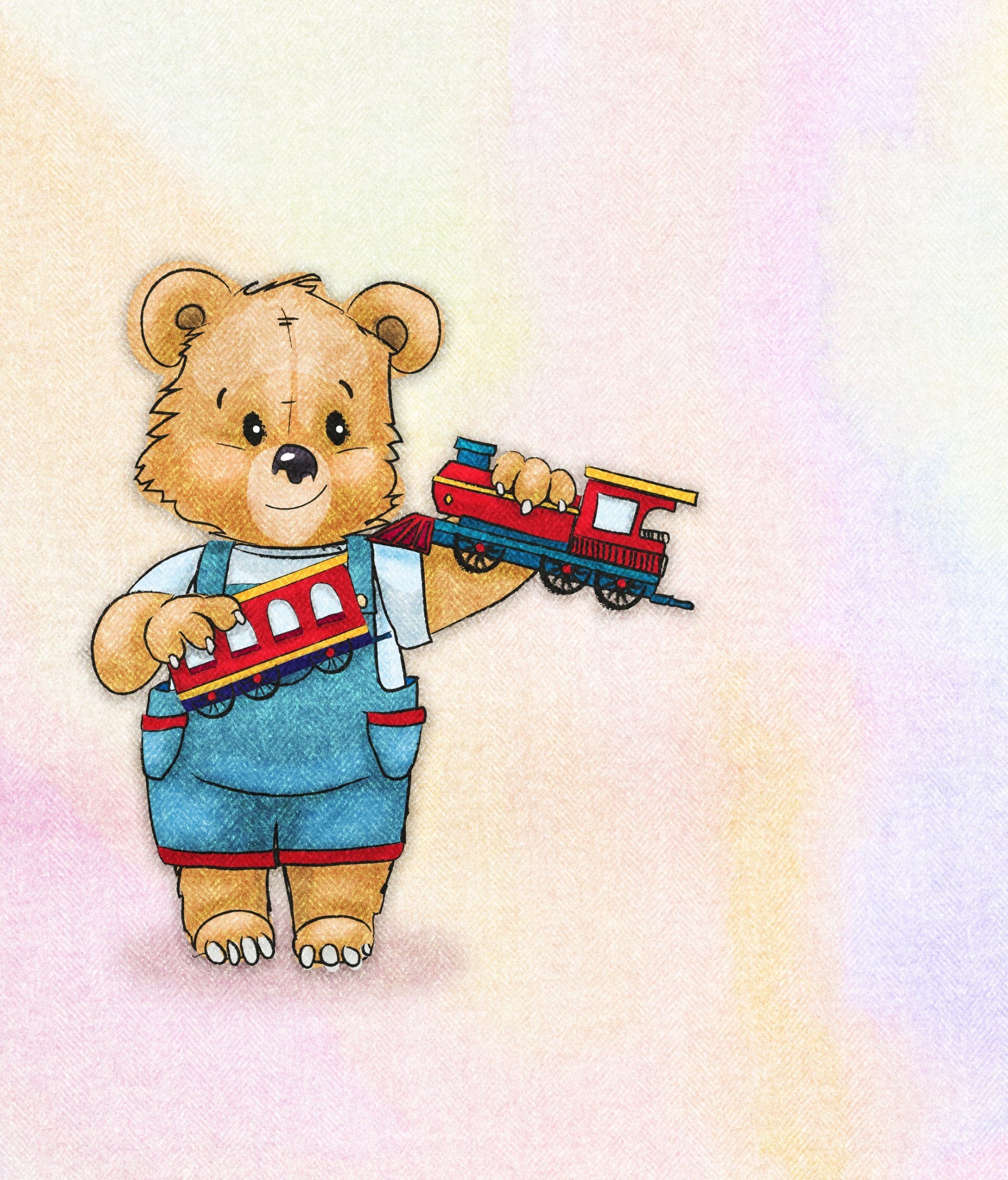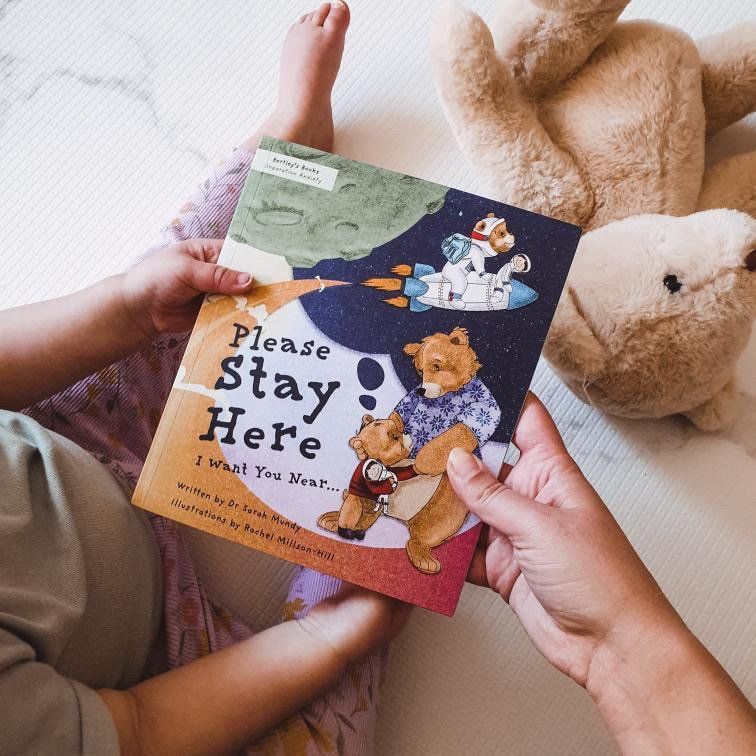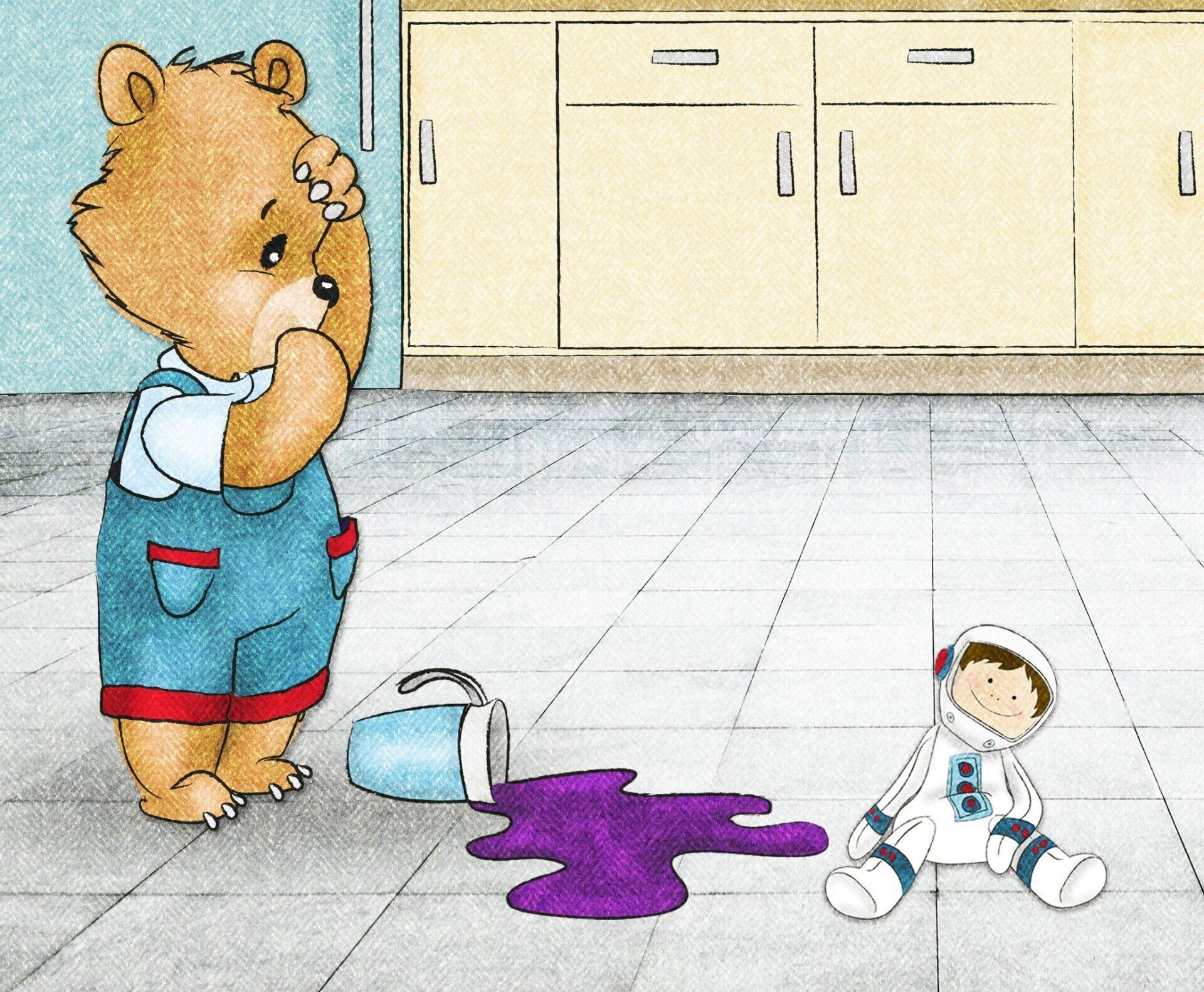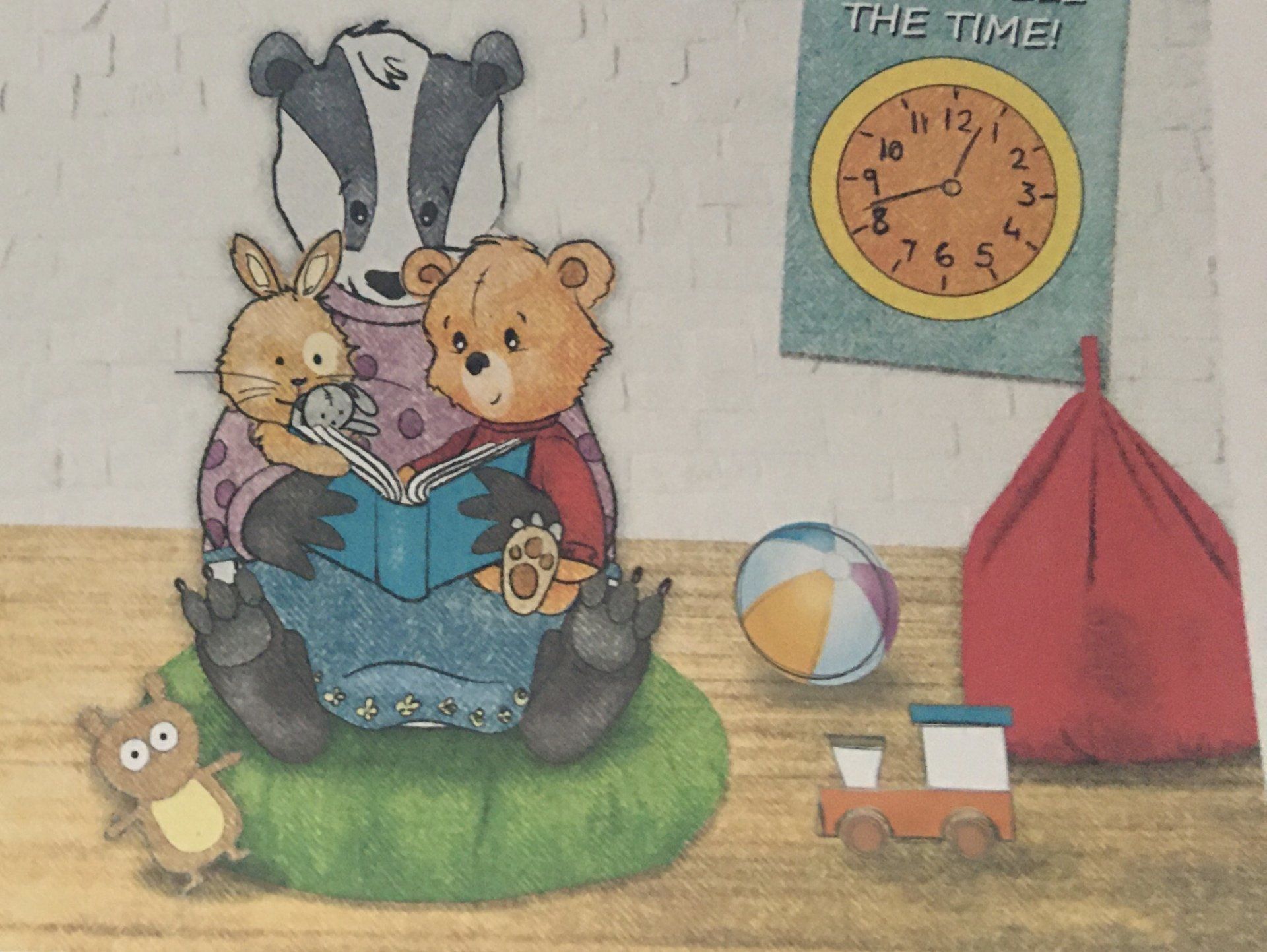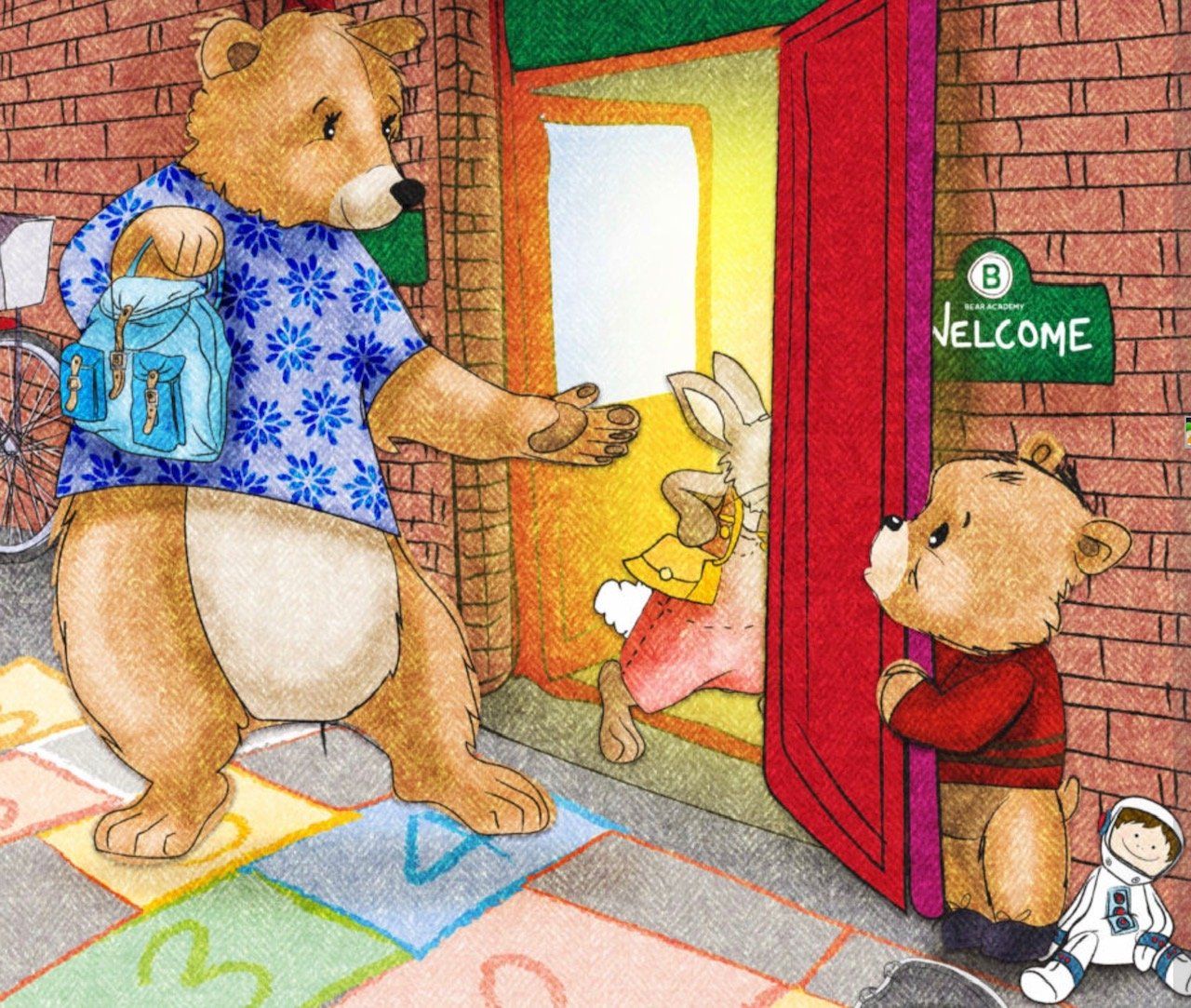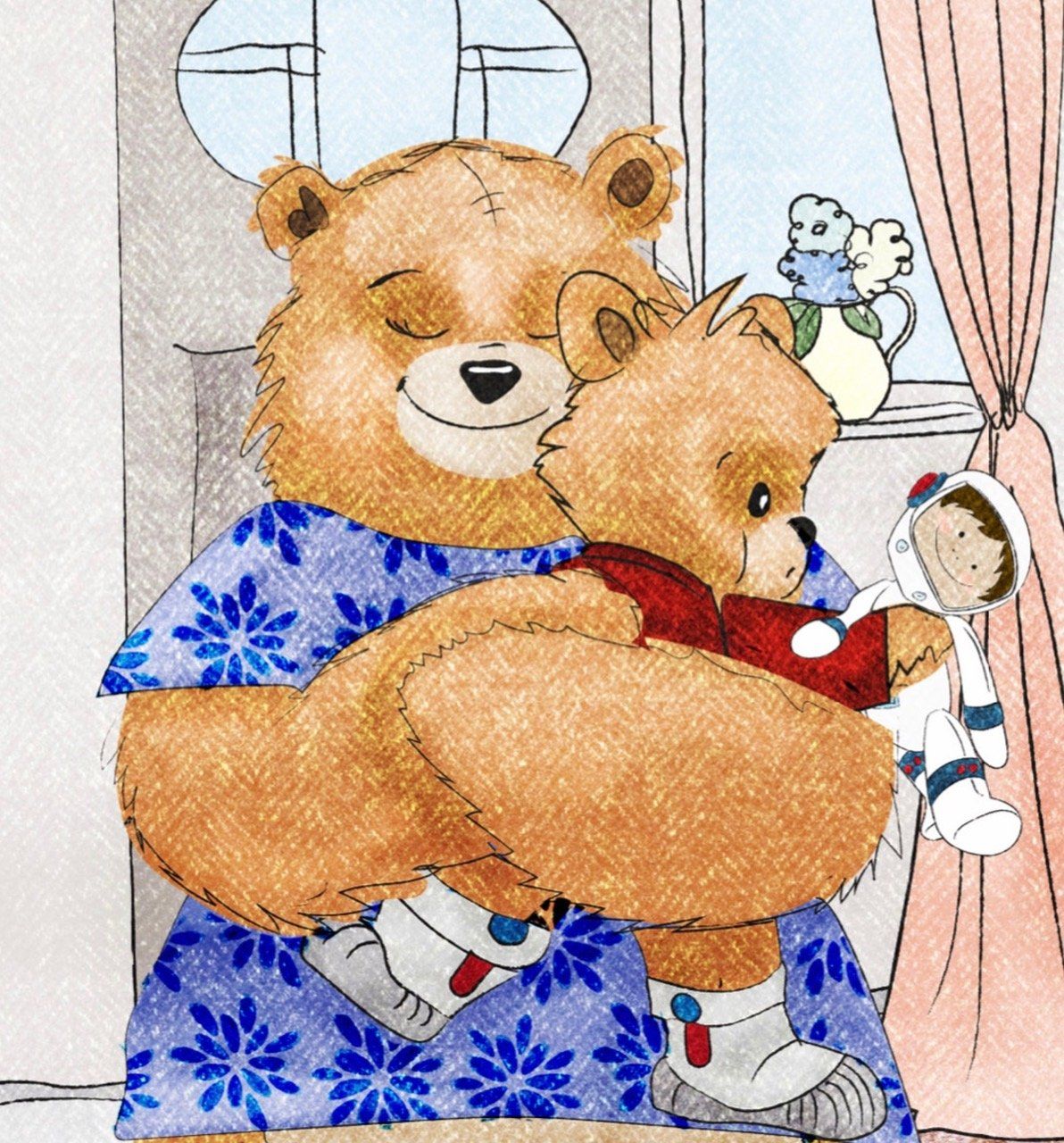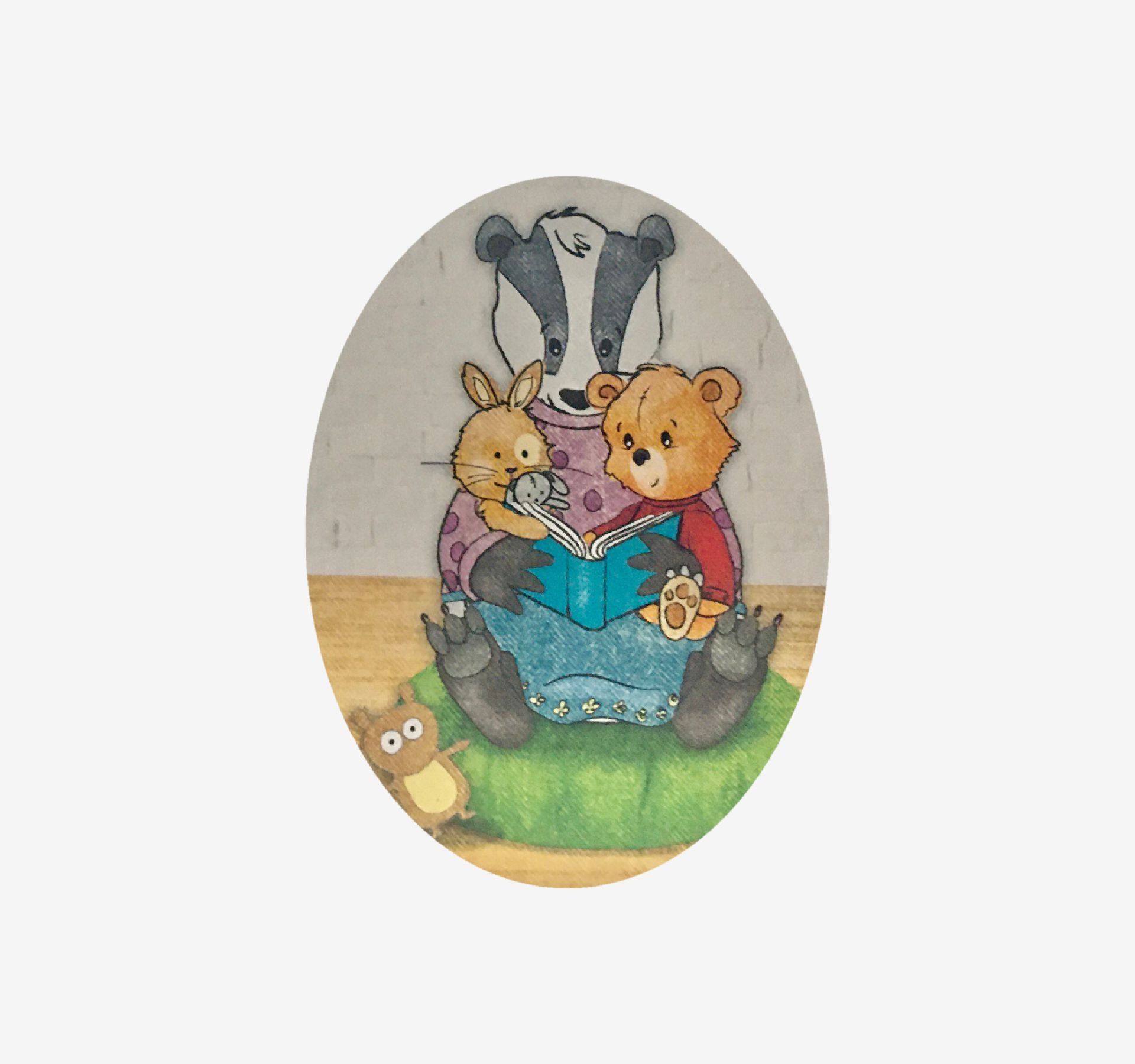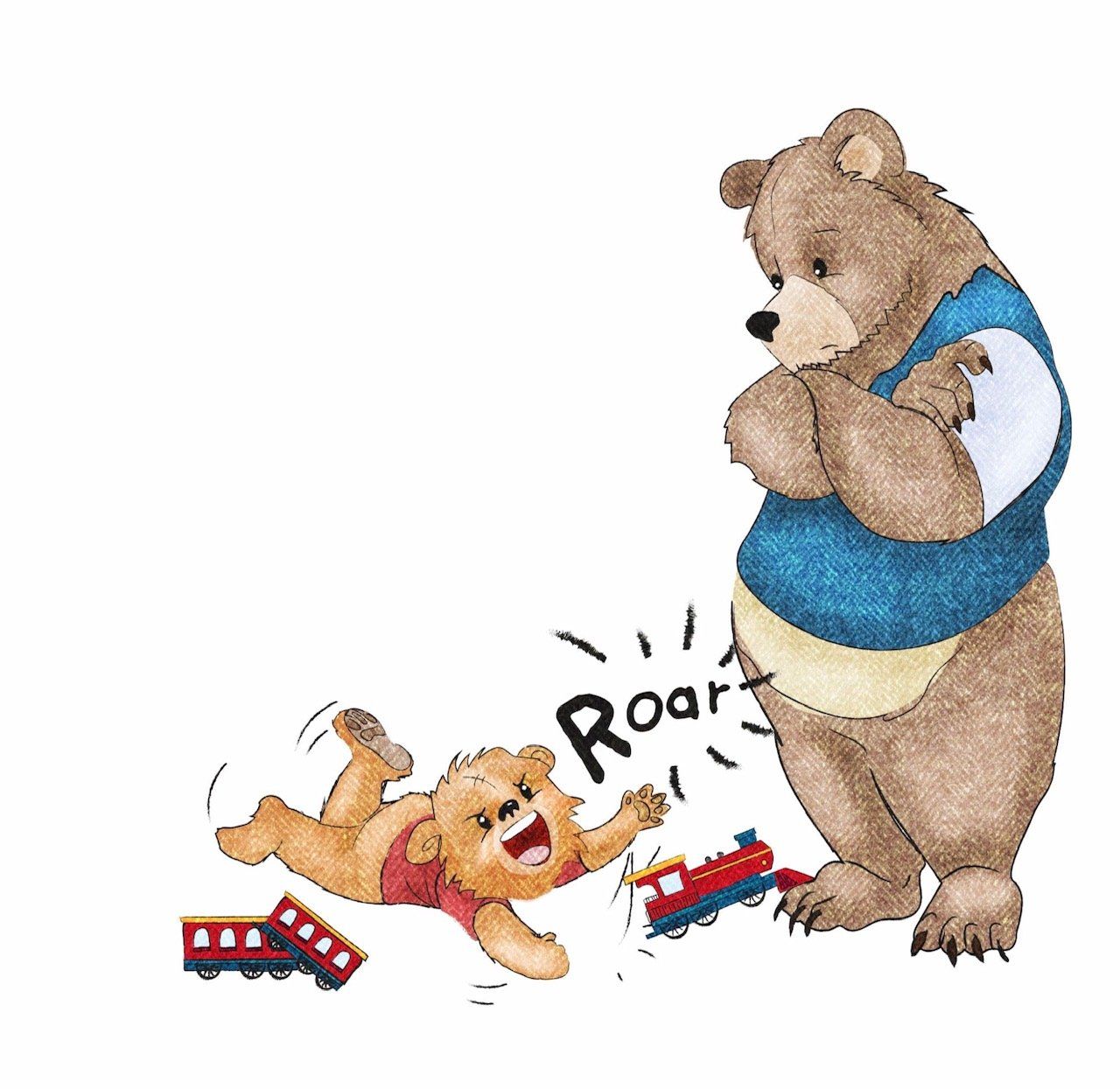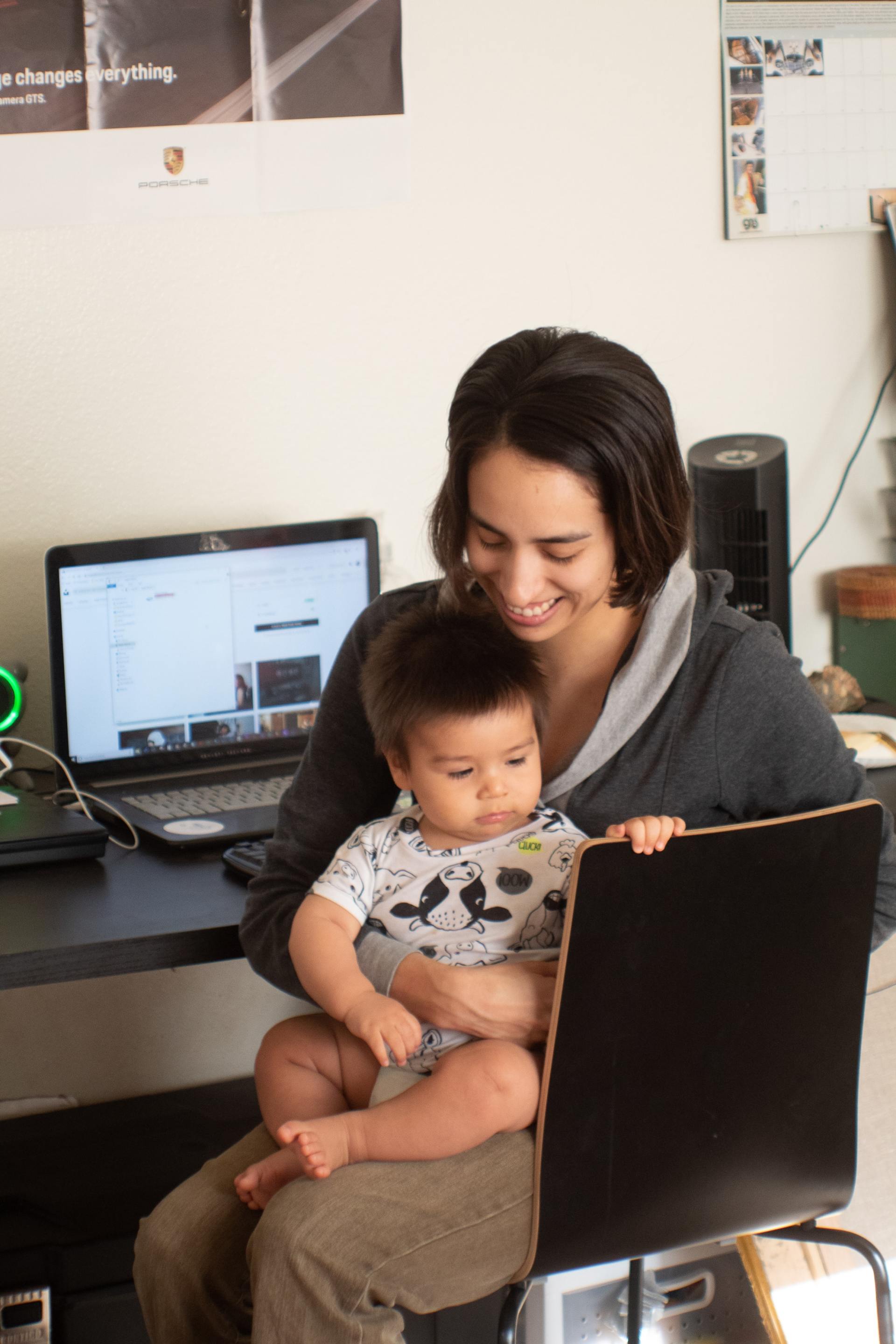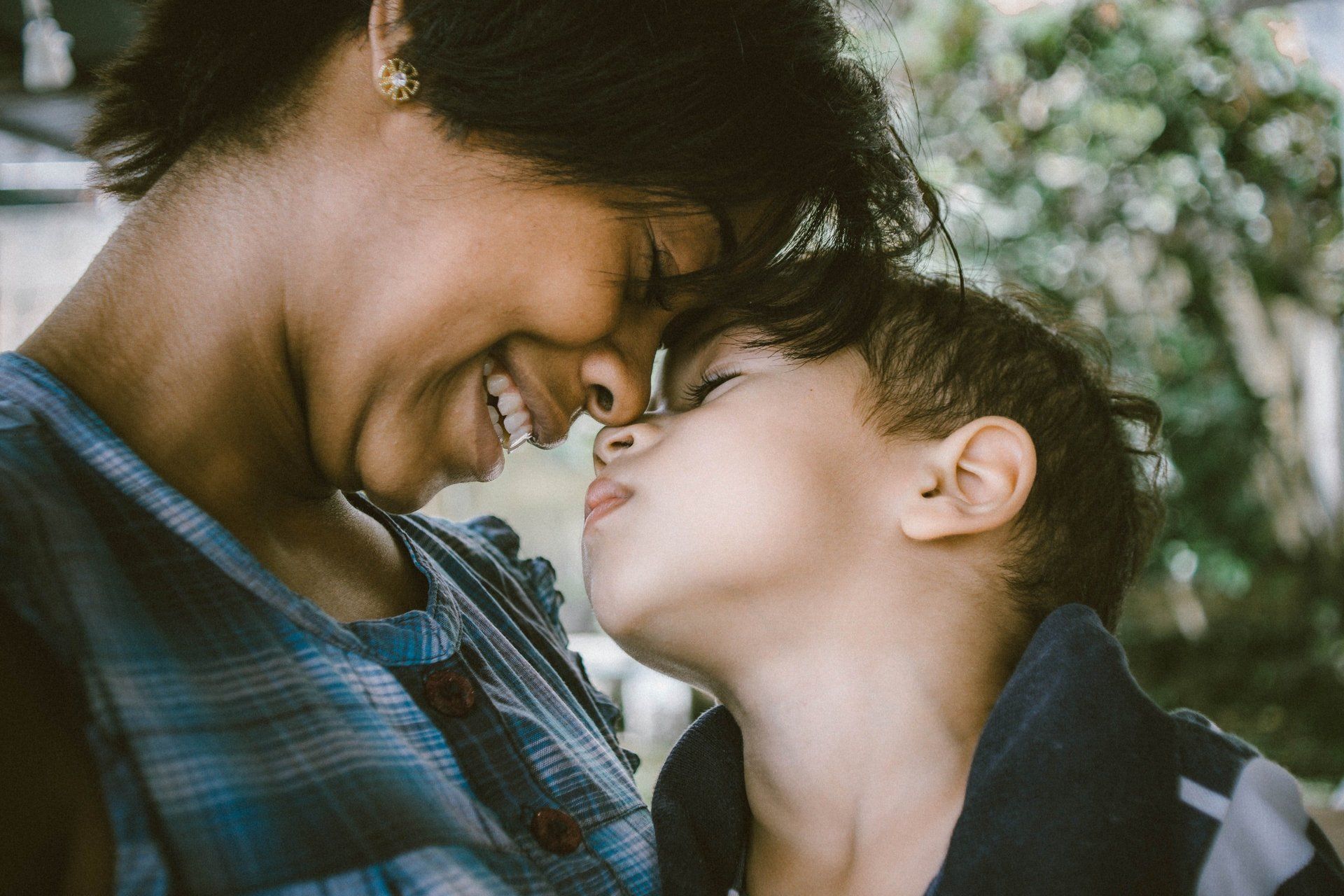Parenting: Why Being "Good Enough" is Good Enough
Parents can feel a great deal of guilt around their work/life balance. Guilt can actually be a helpful emotion, allowing you to reflect on what is, and isn’t working. However, when you have little control over the things you want to change, it can feel overwhelming.
“Good enough” is key to parenting. Research into attachment, which is important to children’s development, highlights how we should strive to be good enough, not perfect. A recent study on infant attachment found that parents need to be “in tune” with their babies about 50% of the time in order to develop secure attachment relationships (Woodhouse et al., 2019). So, if you’re getting it right about half the time, you’re onto something!
When our lives are more pressured we may have less time to spend with our children and are less able to do the things we would like to do (my home cooked meals have turned into ready meals recently!). We need to try to remember that children thrive when they have quality time with us. It’s what you do together that counts, not how much time you spend together.
When children know they are loved, even when you are not together, and have positive moments of connection when you are together, they are likely to need less attention. Children who feel more secure are more able to explore the world without you, believing it is a safe and exciting place and knowing that you are there if they need you.
If we can have moments of quality time, where we are not pre-occupied, children are more likely to allow us some time to get on with our own tasks when they play. This is far better than trying to be with them all the time, whilst being distracted. Your stability is very important as children are highly tuned in – if you’re stressed, they’ll feel stressed!
Try not to compare yourself to others
Trundling gleefully down the hill to school earlier in the week I bumped into another mum. I told her that my excitement was about having already made a macaroni cheese that morning (pretty sad that I was excited about that!) I don’t think she realised that this was unheard of for me, as mornings are normally chaos and grumpiness! But I saw in her face a moment of stress – it looked like my comment fed into her not feeling good enough. Not having her evening meal ready, thinking that she should be doing better (I quickly clarified that this was an anomaly for me!).
It’s so important not to compare how we are doing with others. We all have our own strengths but also things we find difficult. It’s fine to work on what we would like to change, but aspiring to the impossible is not helpful. We often think we “should” be doing what others are and this only adds to the pressure we place on ourselves. Dr. Alison Escalante talks about “should storms” (have a look at her brilliant Ted Talk about this - https://www.youtube.com/watch?v=mYT7EDi_nOs&feature=youtu.be) and how unhelpful these are. Try to use the word could more than should, something as simple as this can take the pressure off you.
I love a bit of Social Media voyeurism but do try take glossy Social Media images of “successful” families with a pinch of salt. Otherwise it can feed into this unhelpful belief that we are doing something wrong and “should” be keeping up with the Joneses.
Do Make Mistakes (they are good for your children, in moderation!)
We all make mistakes. We don’t want to teach our children that they need to get it right all the time. We need to model to them that, sometimes, we just can’t do things in the way we would like to. Children benefit from being shown that it’s better to try, and not quite make it, than not to try in case they can’t do something. They need to see that learn that perfection does not exist.
Having moments in your relationship with your child where you are not in tune with them, you are dominated by your own stresses and not there for them in the way you would like to be is absolutely normal. In fact, it can be helpful! The important thing is to notice when this is happening, to take responsibility for it and to apologise and explain. This, in itself, is one of the ways we help our children feel more connected to us – ruptures and repairs in relationships are important in developing secure attachment relationships.
Children are very forgiving, particularly when they can make meaning around tricky experiences. They are aware of changes in the world because of COVID-19 and will understand that you are busier not because you don’t want to be with them, but because you have so much to do, particularly if you explain this to them.
Be Led by Your Child
We can sometimes overly rely on our own templates of parenting rather than being led by our child. Whilst this is completely understandable it may be impossible to achieve. For example, my mum was a stay at home mum for the first 8 years of my life. She was always available, picked me up and dropped me to school every day, got everything ready for me etc etc. I was pretty lucky (but she wasn’t perfect - thank goodness!).
I would love to do those things for my children but I can’t in the same way. I have a different life (most notably a highly demanding job!). I can still meet my children’s needs, but in different ways. And although I am sometimes sad about what they might be missing that I had, I am also aware that they are getting lots of other positive messages about me as a mum (and woman) and learning skills from others that I can’t teach them. So, instead of trying (and failing) to be my mum, I’m looking at what I am able to offer my children and, most importantly, trying to be led by their needs.
Children are very good at letting you know what is and isn’t working for them, although often this is through behaviours rather than words. It’s important to take your child’s cues on how they are managing. If they are clingy and demanding it’s probably a sign they are not coping without you or need your help. My son generally climbs on my lap in front of my computer and puts his hands in front of my eyes, or starts pressing the buttons (very helpful!). Spending 10 minutes together helping them feel safe and secure and then redirecting them is much more effective than trying to fob them off straight away, however much you have on.
I’ll never forget going to a children’s party and my son refusing to leave my side. Whilst I was trying, unsuccessfully, to prise him off, the entertainer suggested I just sit with him until he feels comfortable following and join in. I should have known this but I had my own agenda to get on with. Needless to say, sitting with him and not becoming caught up in his anxiety worked wonders (and I spent the rest of the party chatting to parents with him coming to check in with me a few times).
We all parent so differently, with some of us leaning towards more “helicopter parenting” and others encouraging “free-range children”. Current demands may necessitate a shift towards the latter. You may be needing your child to be on their own more than you would want to. If you are feeling guilty that you are not there in the way you normally would be, it is important to remember that independent play can have many benefits. It helps children build resilience, imagination, creativity and problem-solving skills.
Your child will let you know, in their way, if it’s not working for them. You just need to follow their lead and provide that containing support if they are struggling. I do sometimes wonder if we put pressure to be with our children more than they actually need us there. It’s important for them as individuals to learn to explore their world, at some point this will be without you. Rest assured, if a child has a secure attachment, they will look to you to provide a safe base from which they can explore, returning to you before embarking on another adventure!
Take the Pressure off Yourself
I gave myself an hour to write this. I would normally spend far too much time going over sentences and worrying about whether it was helpful. It may not be the most eloquent, coherent, organised or evidence-based blog in the world but if I’m advocating less pressure on others, I need to apply the same expectations to myself. I would love to hear if it was helpful (dare I say good enough!). I hope that the same message comes across in my Parenting Handbook which I partly wrote because I was fed up of other parenting books making me feel that I was getting things wrong.
Parenting isn’t the easiest job in the world. Focus on doing your best and getting it right as much as we can, without striving for perfection. This can only be a positive thing for you and your child.
You can buy your copy of our Parenting Handbook from just £4.99 on
Amazon or from our
Facebook Shop.
